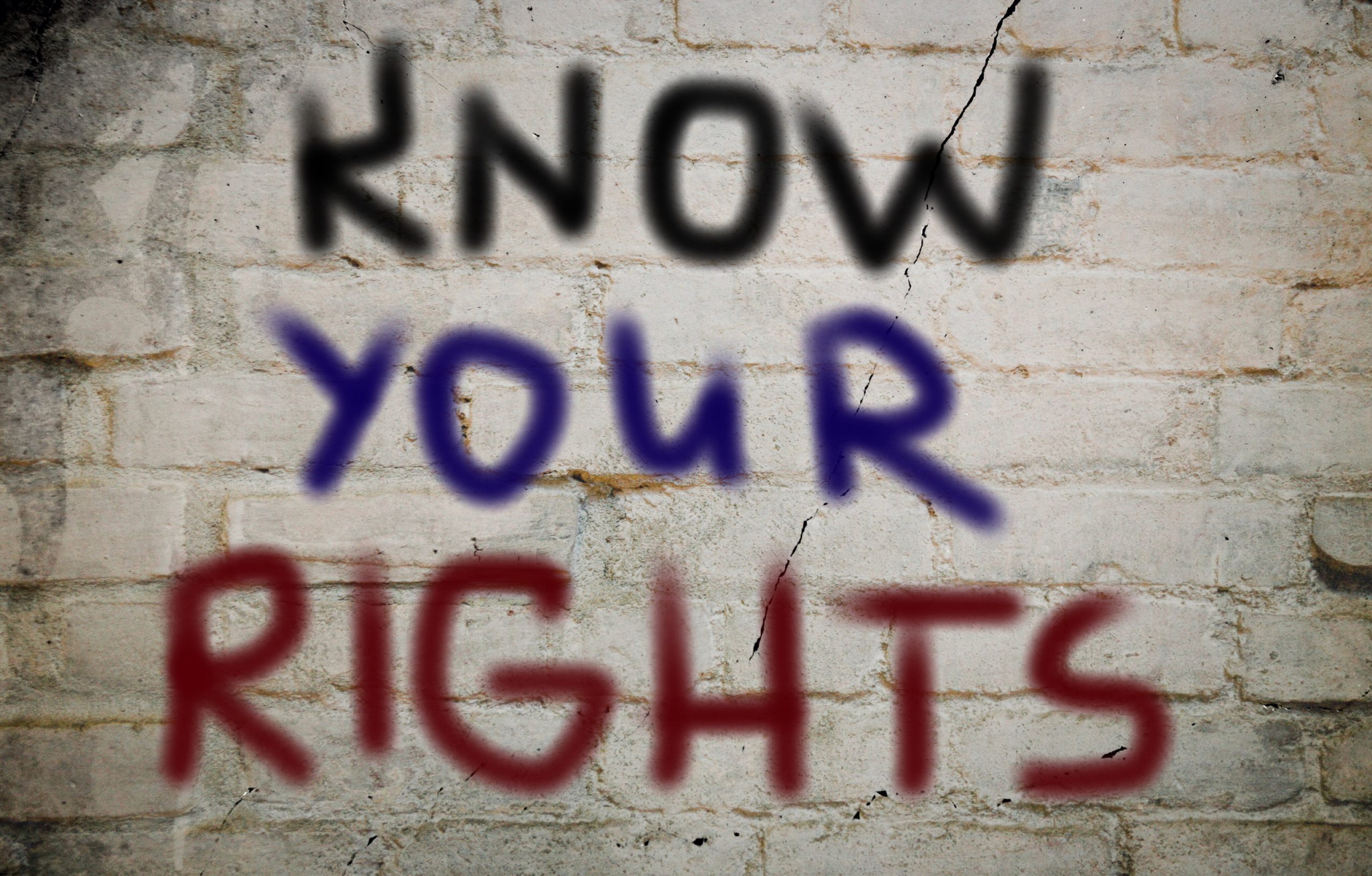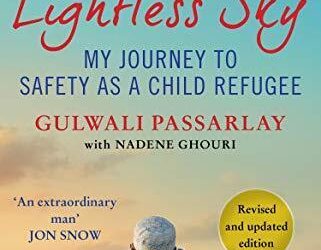As we celebrate International Migrants Day, this article sheds light on the importance of understanding and asserting one’s rights to combat exploitation.
International Migrants Day is observed on December 18th each year and is a day to acknowledge and celebrate the diversity of migrant communities worldwide. It emphasises the importance of upholding the rights and dignity of all migrants and refugees, regardless of their backgrounds or reasons for migration. We celebrated the 75th Anniversary of the Universal Declaration of Human Rights only last week. TGIUK featured an article, Rights for All: The Universal Declaration of Human Rights turns 75 | TogetherInTheUK on the importance of not only knowing our rights but of recognising other people’s rights, even if we do not hold the same beliefs.
The last statistics released by the UN Migration, 2022 World Migration Report, shows that in 2020, over 281 million people were international migrants, while over 59 million were internally displaced by the end of 2021. Given the recent conflicts and natural disasters that have occurred this year alone, it is a given that the number has increased significantly.
Regardless of the reasons that compel people to move, migrants and displaced people represent some of the most vulnerable and marginalised groups in society and are often exposed to abuse and exploitation, have limited access to essential services, including healthcare, and are faced with xenophobic attacks and stigma fuelled by misinformation.
Many migrant workers are often in temporary, informal, or unprotected jobs, which exposes them to a greater risk of insecurity, layoffs, and poor working conditions. This “modern slavery” is as prevalent in the UK as in any other country. According to the UK Anti-Slavery Organisation, modern slavery exists in many forms in the UK, including trafficking into criminal activities like cannabis farming, sexual exploitation, domestic slavery or forced labour on farms, in construction, shops, bars, nail bars, car washes or manufacturing. Migrants are often trapped in slavery by promises made by traffickers, such as described by Frank, an author in the TGIUK Hear Our Stories,
Travellers often feel exploited, particularly when help given is made feel like a favour and a debt. And so, some travellers are promised good jobs and houses, but the reality is they are being kept in other people’s houses with no payment and no freedom. Many are treated as machines and expected to deliver the best and to live the life of a slave. The Hostel by Frank
While it is impossible to know the full extent of modern slavery, which also includes British nationals, the Home Office reports that at the end of 2021, there were:
- 12,727 potential victims of modern slavery – the highest number of referrals since the records began in 2009.
- 43% of all of these were children – meaning there were 5,468 potential child victims.
- 31% of people referred were British nationals.
Understanding your rights is one way to minimise being exploited when arriving in a new country. Your first point of contact could be to refer to the UDHR Declaration, which is available in more than 500 languages and is the most translated document in the world. However, there are other more accessible ways to learn your rights and responsibilities living in the UK.
Your first point of contact for official British Government guidance is GOV.UK. The site has a search engine for a wide range of topics, including but not limited to:
Citizens Advice is a handy site with links for people living in England, Scotland, Wales, and Northern Ireland. They provide good quality, independent advice.
- Immigration specific.
- Benefits.
- Work.
- Debt and Money.
- Consumer.
- Housing.
- Family.
- Law and Courts.
- Health.
Local Councils will have region-specific support for migrants and refugees.
- To find a local council, use GOV.UK and access the council sites to determine area-specific entitlements and rights.
NHS – National Health Service
- For all information on rights and how to access the UK’s multiple health and dental services.
Library
As well as providing services such as book loans, CD rental, and internet access, libraries provide access to health and social care information and signpost customers to online information and specialist agencies.
- To find the nearest library.
- To find local library services.
Legal advice
If legal advice is required, there are options available.
- Legal Aid – depending on the issue and personal circumstance, Legal Aid may offset some costs. The Law Society has a helpful site on Legal Aid and how to determine if you are entitled to it.
- Pro-bono legal advice – if you are not entitled to Legal Aid or cannot afford legal fees, some solicitors take on pro-bono work, free legal advice. The Law Society has a helpful site explaining pro-bono work and finding solicitors.
Further information and helplines
Other independent sites have information for migrants, refugees, and asylum seekers.
- Right to remain
- Providing information, resources, training, and assistance to help people to establish their right to remain.
- Refugee Action
- Providing guidance and practical advice on navigating the asylum system.
- Refugee Education UK
- Supporting all areas of education in the UK to refugees and asylum seekers.
- Migrants Rights Network
- Provides a resource pack on your rights and how to assert them.
- Legal Aid advice – NRPF network on Legal Aid
- A national network safeguarding the welfare of impoverished families, adults and care leavers who cannot access benefits due to their immigration status.
- The Joint Council for the Welfare of Immigrants
- Deals with all areas of asylum and immigration law.
- Refugee Council
- Working with refugees and asylum seekers.
- Migrant Help
- Supporting people affected by displacement and exploitation.
- Rainbow Migration
- Supporting LGBTQI+ people through the asylum and immigration system.
- Together with Migrant Children
- Supporting to all children and young people impacted by immigration.
- The Children’s Society.
- Supporting young people facing abuse, exploitation and neglect.
- Welcome – a guide for refugees – while aimed at adults recently granted refugee or Humanitarian Protection status in England after claiming asylum, it contains helpful information for anyone moving to the UK.
- Anti-Slavery Organisation – working to end slavery so that everyone can live free from exploitation.
To read more about the lives and impacts of migrants in UK society, go to TogetherintheUK.
To purchase a copy of Hear Our Stories, an anthology of migrant writings compiled by TogetherintheUK, go to Support Us.







